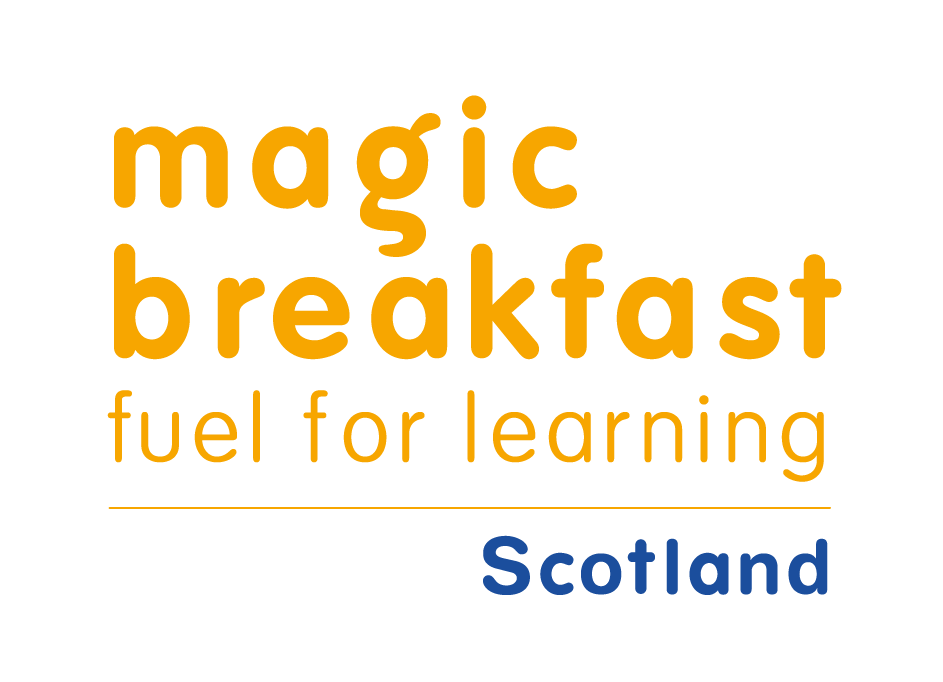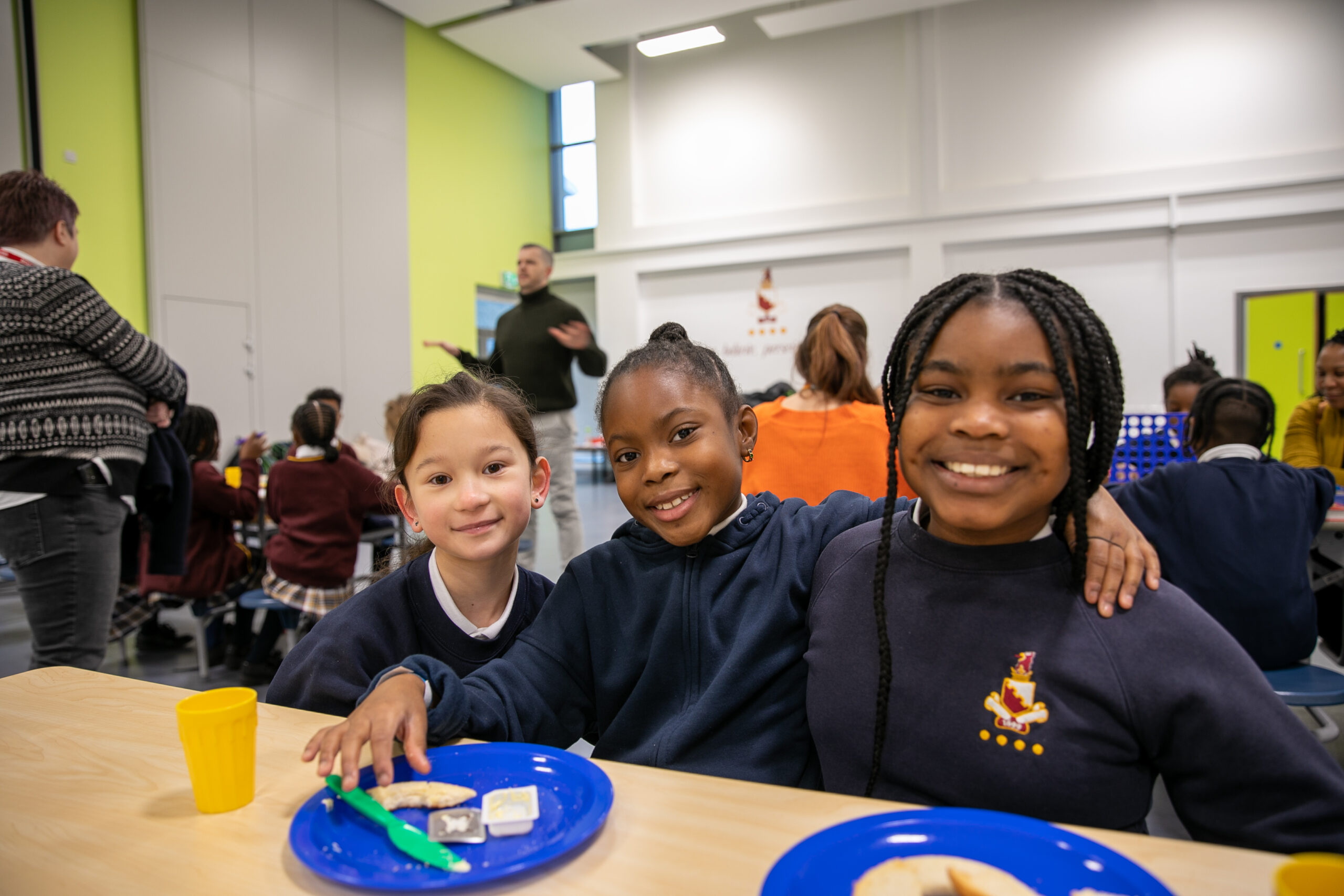
Finlay Allmond, Scotland Policy and Public Affairs Manager, Magic Breakfast
Every year at Magic Breakfast we ask teachers at our schools to tell us their stories of the impact they see from breakfast. One of those is about a teenager that we will call Austin.
Austin is the middle child of five in a single parent household. The family has struggled financially and accessed many support systems both within and outside of the school.
Without breakfast, Austin would be unsettled and unable to concentrate. Having a free breakfast, supported by Magic Breakfast, ensures he goes to class fed and better able to focus on his work. The school has also seen Austin’s social skills improve both with fellow pupils and staff. Breakfast in school has helped Austin but has also supported easing financial difficulties at home.
Austin’s story is far from unique, he and many of his fellow students receive the benefits of a Magic Breakfast every school day. Operating in schools across Scotland and England we understand the vital importance of breakfast. From the extra attainment that can be found at early primary and exam years, to the long-term economic return on investment - breakfast is a smart choice economically, educationally, and ethically.
This Challenge Poverty Week the Poverty Alliance is spearheading several policy calls from across the sector, including for a Scotland where no one goes hungry. Community-based food approaches are key to unlocking this. School breakfasts are a key weapon in Scotland’s anti-poverty arsenal for both their potential in reducing hunger and alleviating financial burdens.
It is often quoted that education is the great leveler, that the life chances offered by strong academic success are a key driver of people breaking out of the cycle of poverty. But all the education in the world is meaningless if it can’t be accessed. In 2022, our Hidden Hunger report – the largest map of UK breakfast provision ever – found that around a quarter of a million young Scots may be at risk of going to school too hungry to learn.
At Magic Breakfast, the idea that breakfast is the most important meal of the day is more than just rhetoric. We know the transformational impact it can have on an individual pupil and on the wider classroom. This year teachers in our partner schools in Scotland told us that most of them believe breakfast has a positive impact on social skills, readiness to learn, and wellbeing. Children and young people understand the need for breakfast with 80% telling our What’s for Breakfast study that it was important that children are offered something for breakfast.
Equally, delivering breakfast in a school helps the wider family. Research co-authored by Magic Breakfast and Child Poverty Action Group found that offering breakfast in school can have a profound impact on childcare costs. At the same time our research with partner schools found that most schools believe breakfast has a positive impact on reducing financial pressures on families.
Overall, breakfast offers the sort of benefits that good anti child poverty measures have – direct support for children and young people to thrive, meeting their potential; and tangible benefits for families, reducing pressure on households’ finances. And at the same time, it even supports the wider economy. In partnership with Magic Breakfast and Heinz, Pro Bono Economics found that for every pound invested in breakfast there are £50 ploughed back into the economy.
For Scotland to prosper, we need to move beyond the stain that our stagnant poverty rate leaves on society. There is no silver bullet, governments of all colours need strong and powerful packages of support that they can offer the most vulnerable in society. It is, however, clear that breakfast must be part of that support. No child or young person should be too hungry to learn, too hungry to reach their potential, too hungry to thrive.


Enter your email address to receive regular e-updates about our work. If at any time you want to stop receiving these, simply contact us. We’ll keep your details safe and won’t share them with any other organisations for their marketing purposes. For full details see our Privacy Policy.